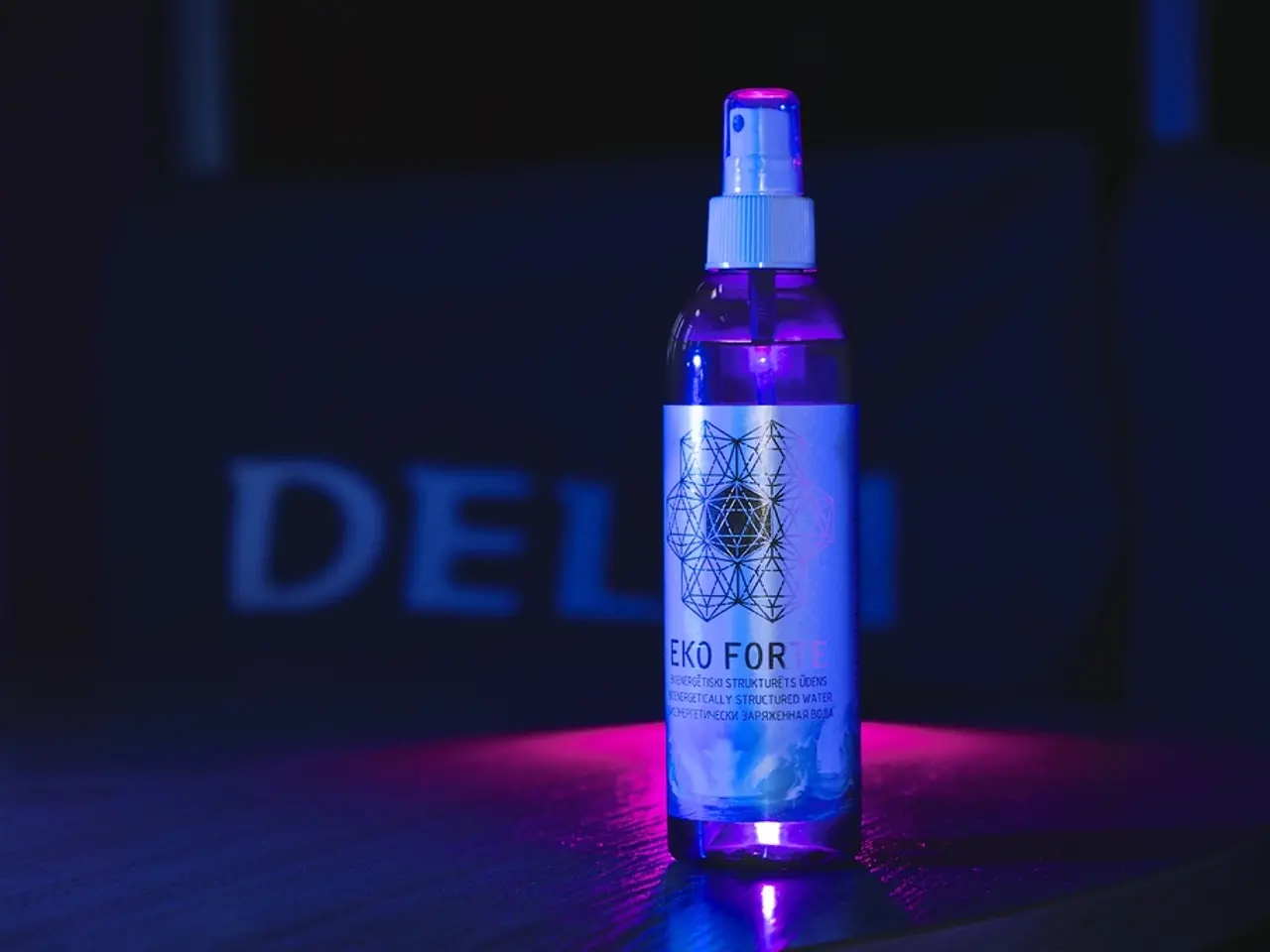Skincare Solutions: Essential Oils for Eczema, Rashes, and Other Dermatological Issues
In the realm of natural remedies, essential oils have gained significant attention due to their wide range of applications, particularly in skincare. These concentrated extracts, derived from various plants through steam distillation or cold pressing, are often sold in their pure form or diluted in a carrier oil.
Researchers are delving into the use of essential oils in treating several skin conditions, including eczema, dry skin, itchy skin, and rashes. Among the essential oils under investigation, tea tree oil and rosehip oil have shown promising benefits for treating these conditions.
Tea tree oil, renowned for its antimicrobial, anti-inflammatory, and antifungal properties, can help manage symptoms of eczema and other inflammatory skin conditions by reducing redness, swelling, and the risk of infection. It is also used to soothe insect bites and speed wound healing. However, while some studies show promise, more extensive human clinical trials are required to fully confirm its efficacy and safety.
Rosehip oil, rich in antioxidants, essential fatty acids, and vitamin A, helps reduce inflammation, soothe irritation, improve hydration, and promote wound healing, making it beneficial for dry and inflamed skin, including eczema-related redness. Its moisturizing and skin-repair properties are supported by traditional use and emerging scientific evidence, though rigorous clinical trials are still limited.
Coconut oil, another commonly used natural product, has moisturizing and potential anti-inflammatory effects that may help reduce dry skin. However, there is no conclusive evidence that it successfully treats psoriasis or other inflammatory skin diseases.
More broadly, research on common vegetable oils suggests they can mildly but significantly enhance skin cell growth and regeneration, potentially aiding skin repair in damaged or inflamed areas.
Emerging treatments such as CBD (cannabidiol) oil have shown some evidence of reducing redness, itching, and scaling in immune-mediated skin diseases like eczema and psoriasis, improving skin hydration and elasticity. However, these findings need further validation.
It's important to note that while essential oils hold potential benefits, they should be used cautiously. Allergic reactions to essential oils are possible and can include irritation, burning on the skin, asthma attacks, difficulty breathing, nausea, and headaches. There is no scientific evidence that essential oils reduce rashes, but they could potentially cause rashes due to allergic reactions. Ingesting essential oils can cause organ damage and adverse reactions, as noted by scientists.
In summary, while essential oils like tea tree and rosehip show promise for eczema, dry, itchy, and rash-prone skin due to their anti-inflammatory, antimicrobial, and moisturizing properties, current scientific evidence is mostly from small-scale studies or traditional use. They should be used under medical guidance and not as replacements for conventional treatments until more robust clinical data is available.
The use of essential oils extends beyond skincare, with people worldwide using plants and plant extracts in their traditional medicines, sometimes called aromatherapy and naturopathy in the United States. Inhaling essential oils can be done using diffuser containers, sprays, oil droplets, vapor rubs, or steam baths.
As research continues, the potential applications of essential oils in treating health conditions, including skin conditions, are likely to expand, offering a promising avenue for natural healing.
- Research on essential oils, such as tea tree oil and rosehip oil, abundant in health-and-wellness stores, has shown promising benefits for skincare, particularly in managing symptoms of eczema, dry skin, and itchy skin.
- Skincare therapies and treatments, like the use of essential oils, including coconut oil and CBD oil, have demonstrated the potential to aid in skin cell growth, repair, and hydration.
- Although essential oils like tea tree and rosehip seem beneficial for skin affected by eczema, their efficacy and safety are still being investigated through extensive human clinical trials.
- Recent findings suggest that CBD oil could potentially reduce redness, itching, and scaling in skin conditions like eczema and psoriasis, but it needs further validation.
- While essential oils like tea tree and rosehip oil hold potential benefits for dry, itchy, and rash-prone skin, they should be used under medical guidance and not replace conventional treatments.




